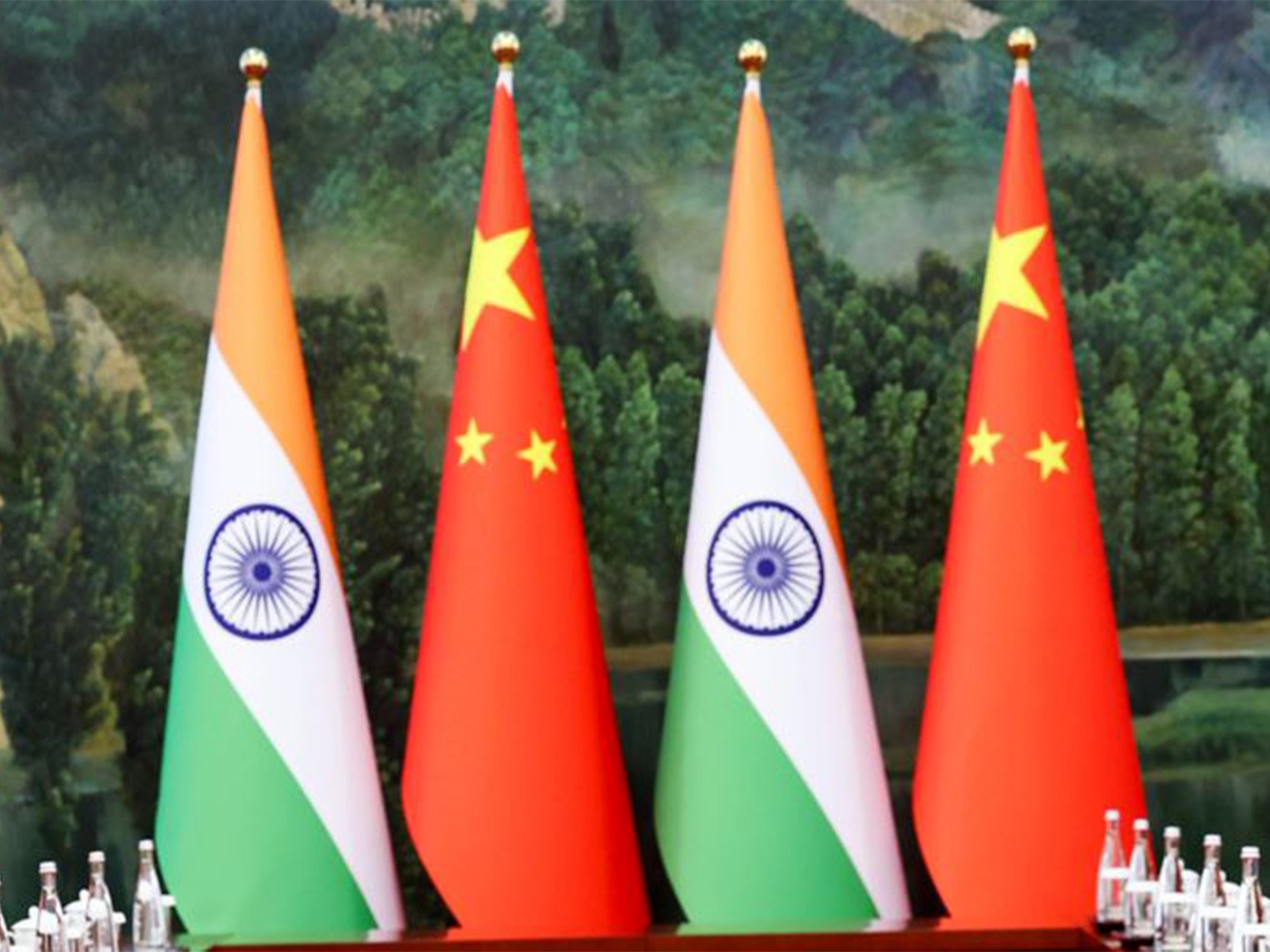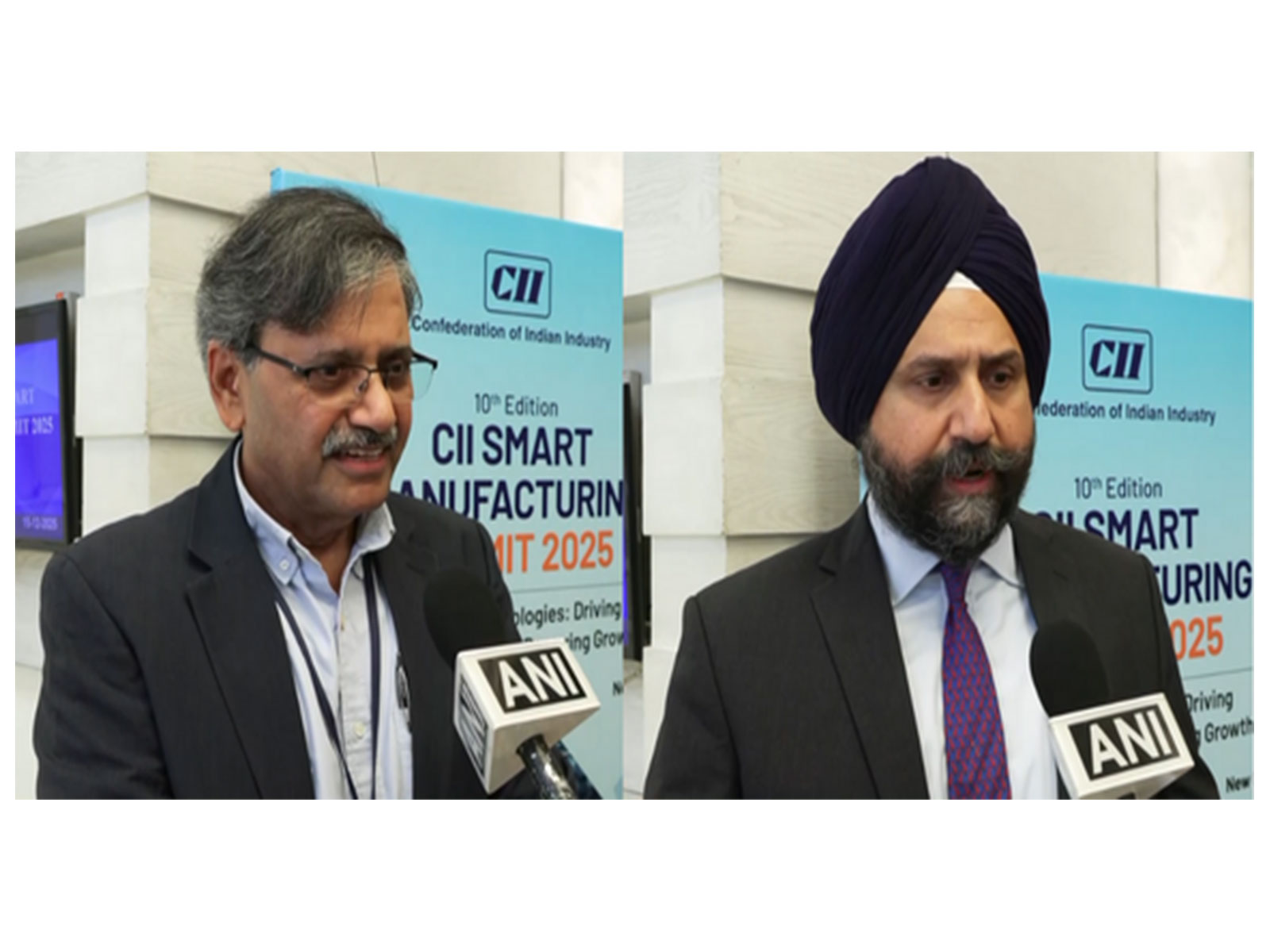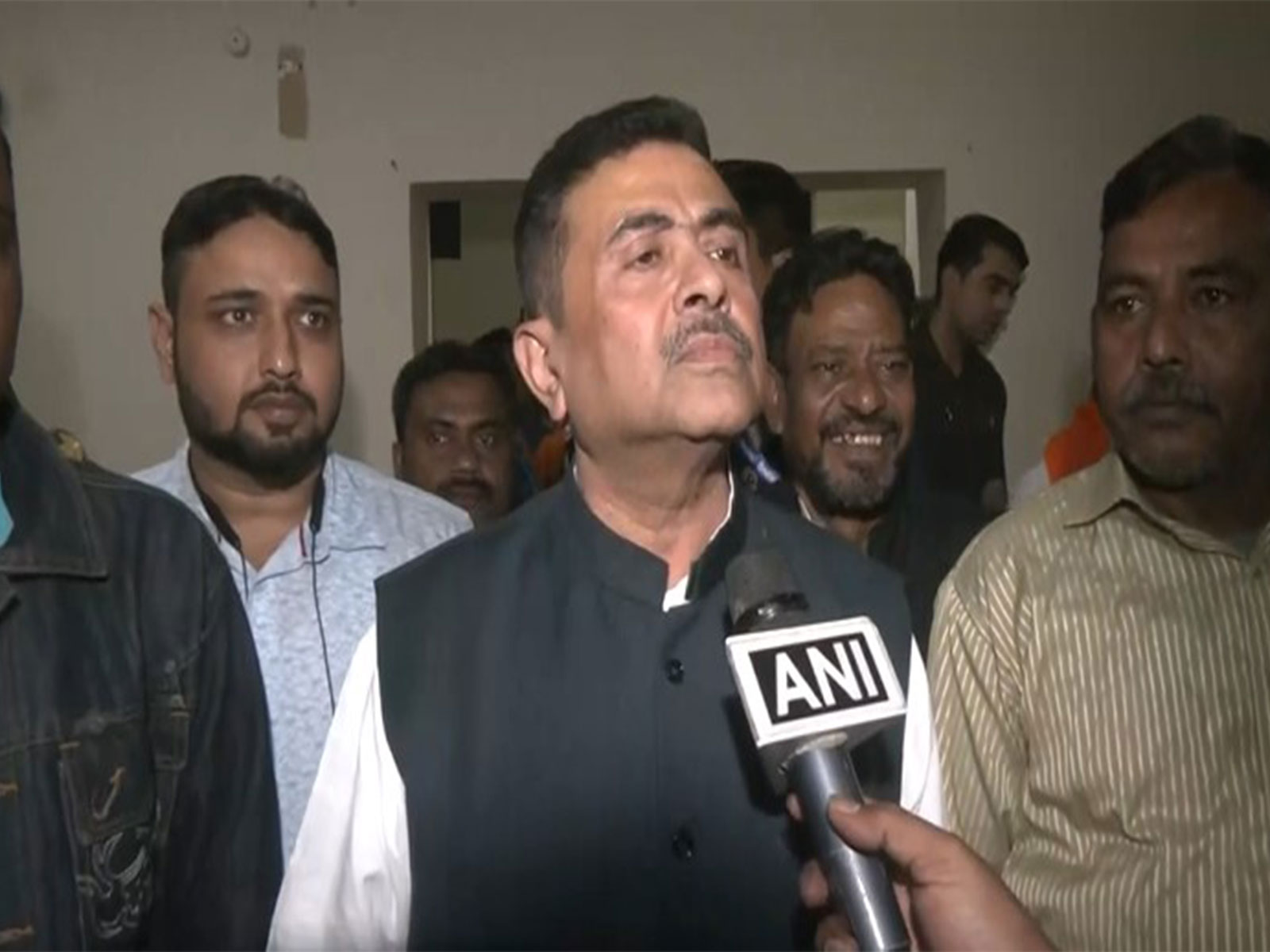UBS Report: India's election result sparks concerns of populist policies and delayed reforms
Jun 05, 2024

New Delhi [India], June 5 : The recent general election results in India have delivered a surprising and somewhat disappointing outcome, with the ruling National Democratic Alliance (NDA) securing a majority, but performing well below both exit polls and opinion polls predictions.
Despite the political stability that the NDA's majority provides, the UBS report suggests a potential shift towards a more populist economic policy in Modi's third term, targeting the lower-income strata.
This shift might delay tougher economic reforms. The report highlights a dichotomy in India's economic recovery, with affluent segments showing strong consumption growth, while lower-income households, still reeling from the pandemic, exhibit muted demand.
In light of the election outcome, investors are expected to focus on several critical areas.
The report questions, with the BJP lacking a simple majority, the choice of the prime ministerial candidate is crucial. Will Modi continue, or will a new leader emerge?
Balancing growth support with macroeconomic stability will be key. Investors will look to the upcoming union budget for indications of the government's fiscal strategy, including potential increases in populist spending supported by a higher-than-expected RBI dividend transfer.
While labour laws are likely to be implemented, other significant reforms in land and capital markets may face delays due to reduced political capital.
Despite the disappointing election outcome, the report forecasts that yield compression in Indian Government Bonds (IGBs) and Rs outperformance against the Chinese Yuan (CNH) will continue.
Key factors include limited disruption to fiscal consolidation, non-resident participation in IGBs, and a projected dip in CPI inflation to about 3 per cent year-on-year by July/August.
India's recent growth has been driven by digital adoption, services exports, credit expansion, and reforms aimed at boosting manufacturing.
The government's efforts in promoting manufacturing, particularly in electronics, have made India the second-largest mobile handset manufacturing nation globally.
UBS expects continued government support for supply-side reforms, but notes that more challenging reforms, such as land reforms, significant infrastructure spending, divestment, and others, will likely be postponed.
According to the UBS report, this result holds significant implications for India's macroeconomic policy and market dynamics.
The election result was not what the markets had priced in, given the rich valuations of Indian equities relative to emerging markets (EM). UBS remains underweight (UW) on India within the EM context.

















